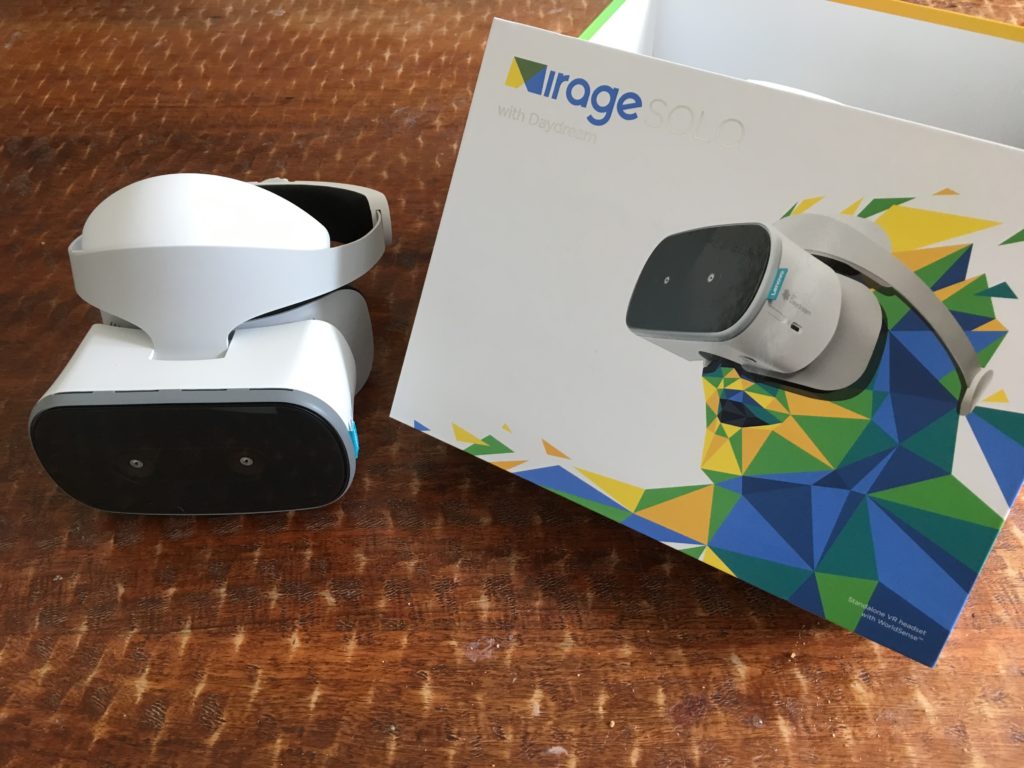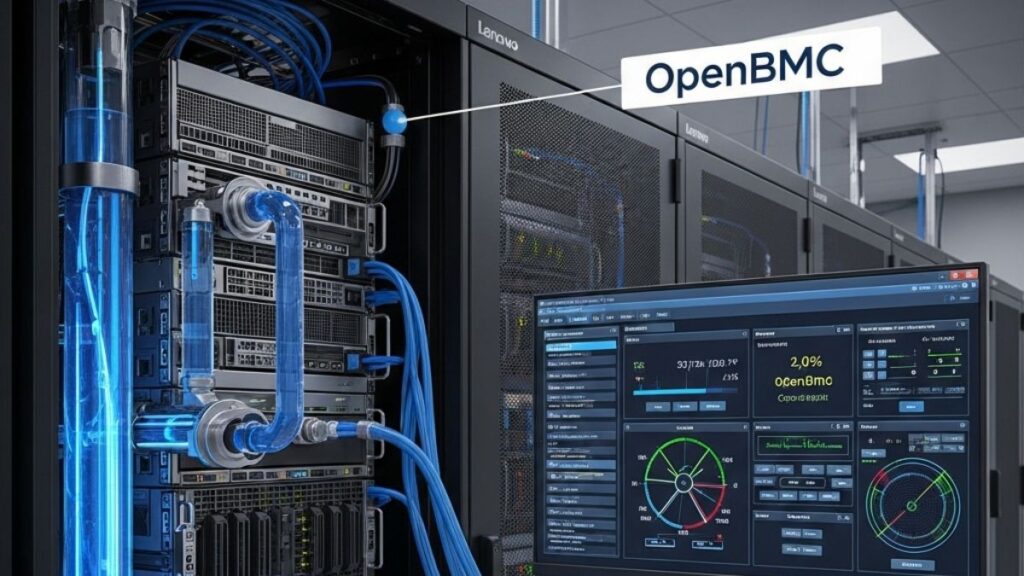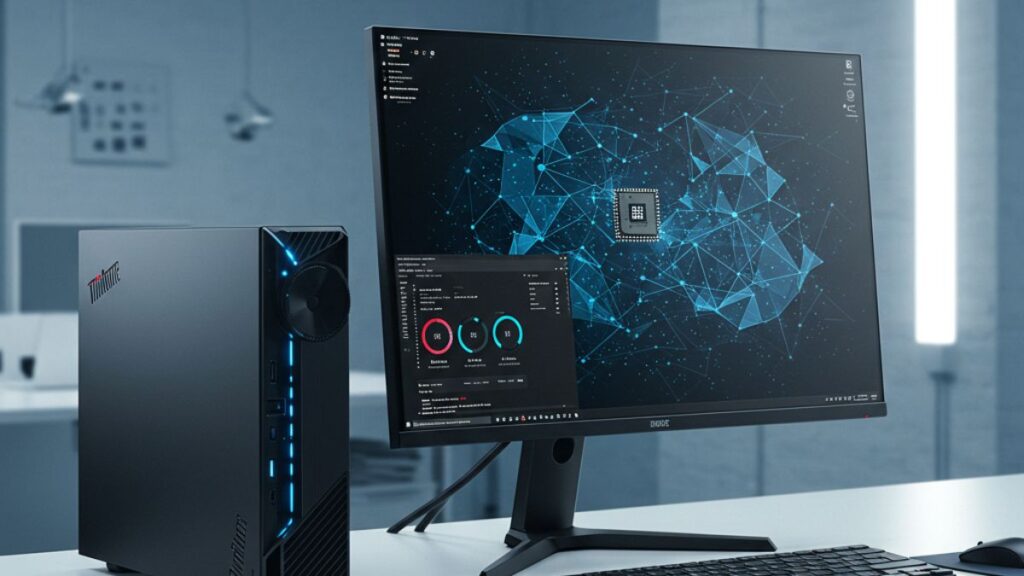This month Lenovo launched their Mirage Solo, based on Google’s Daydream platform. In many ways, this is the missing link in the current generation of blended virtual reality (VR) / augmented reality (AR) offerings. The problem up till now is that you either had problematic cell phone-based solution or a very expensive PC-based solution that required a tether that was a massive tripping hazard (trust me, there is nothing quite as painful and taking header when that damn cable pulls you up short because you can’t see what you are falling into). The Lenovo Mirage Solo falls into the sweet spot with an untethered solution that is easier to set up than either the phone-based or PC-based solutions and provides what is potentially a far more compelling result.
Let’s talk about why this could be a break out product for both Lenovo and mixed reality.
Content Remains A Problem
One of the big existing problem with these things is the lack of compelling content. Daydream does seem to have available the vast majority of what is out there and the Mirage Solo launches with The Wild Immersion application which was supported by the Jane Goodall institute. More of an educational application (it is a virtual animal reserve) than anything else, it allows the user to explore and learn about the diverse animal ecosystem that is currently at risk without risking getting eaten by a Jaguar.
However, content remains a problem largely because this is a horse and cart issue. Folks don’t want to develop content unless there are enough headsets sold and buyers don’t want to buy the headsets until there is content. Since Daydream rolled out with low cost, some cardboard, headsets at first that used smartphones, they were able to convince developers to move on the opportunity early and, at least right now, this platform enjoys the richest catalog.
The Problem with Smartphones
However, the problem with a smartphone-based solution is you have to fit the smartphone to a headset and then you must deal with the rest of the stuff the smartphone does. This includes receiving email, texts, phone calls, and social media alerts which can really screw up the experience. There is nothing like being in a middle of a game and then trying to rapidly remove the phone from the headset, so you can answer a phone call to showcase why this was never a long-term solution.
And, of course, if you get a new phone, there is a good chance it won’t fit into the headset or fit badly and having your phone fall out of the headset is not only disruptive it could be very expensive.
What was always needed was to build the core technology enabling Google Daydream into the headset, so you could just put the thing on and go.
PC Solutions
While the PC solutions have gotten cheaper, you still need a PC and a tether connecting it to the headset. As noted above, that tether is an accident waiting to happen and it means you can’t really take the thing with you and play with it on the road. Otherwise you could use it on car or plane trips and maybe to keep the kids from driving you nuts on the family trip. Granted you could use a laptop but that is just way too much technology that could become compromised if your little wonder decided to catastrophically spill their drink.
Eventually a future version of something like Microsoft’s HoloLens may address this but, for now, only the Daydream seems to be able to get this done.
Wrapping Up
I’ve been waiting for a solution like the Lenovo Mirage Solo for some time. At around $400 it provides a relatively affordable upgrade from the initial Daydream smartphone products and allows you to avoid all the issues with using your smartphone for this. Products like this will likely define the near-term future of standalone mixed reality solutions at least until, or if, Microsoft ever brings their HoloLens offering down market. It could even save your family vacation or your smartphone—you should check it out.




(trust me, there is nothing quite as painful and taking header when that damn cable pulls you up short because you can’t see what you are falling into.
Nothing?
Worse than having your fingernail extacted with hot pincers, being sawed in half by Inquisition torturers.
Ok, if you say so.